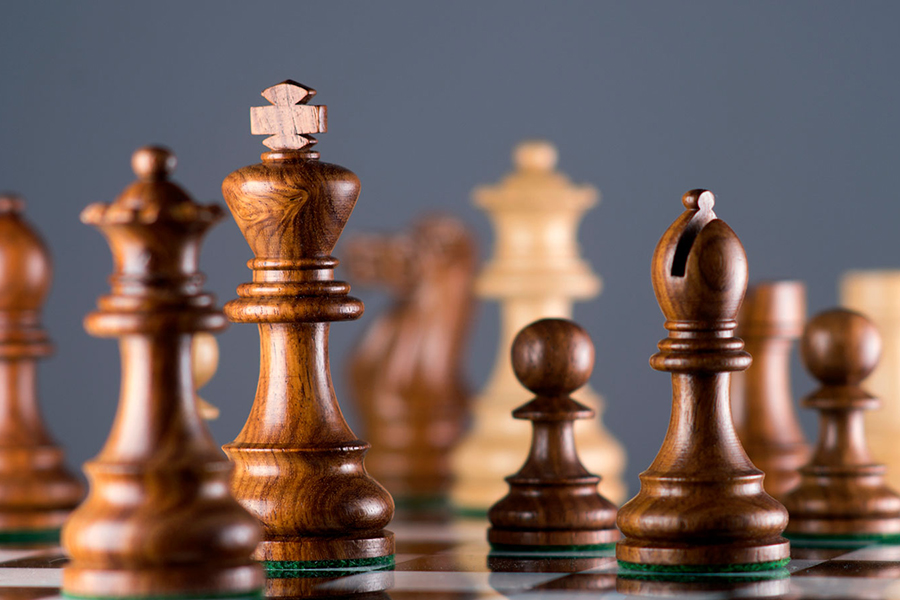No products in the cart.
Chess Rules & Instructions
Chess Ranking System: Every Thing You Need To Know
Table of Contents
What is chess ranking?
Most games have ranking systems, and so does chess. There are a total of ten ranks, and each rank is distinguished by a specific number.
Depending on how you do in comparison to other rated players, your rating fluctuates. Below is an explanation of the sample ratings and how they normally correspond to your chess abilities:
400 – Your beginner rating- before your first tournament.
800 – You are a player having chess basics right and can independently figure out several threats/opportunities in the game.
1200 – A budding chess player who can understand some basic chess strategies.
1600 – A player among the top scholastic players on a state or national level.
2000 – Expert Level – A milestone hit by a handful of chess players while they are in grade school.
2200 – Minimum rating to be considered a “Chess Master”.
2400 – “Senior Master”.
2500 – Minimum rating as part of requirements to earn the “Grandmaster” (GM) title.
2900 – The World Champion is typically rated closer to this ranking.
3000 – This is the highest score ever in a regular tournament.
Why Are Chess Rankings Important?
Chess rankings matter for a variety of reasons:
1. They make it possible for gamers to monitor their development over time.
2. They serve as a measure of skill and ability, which is important for players looking to compete at higher levels.
3. Rankings play a role in seeding and matching for tournaments, ensuring that competitors with comparable skill levels are pitted against one another.
4. They give gamers who have earned high rankings a sense of success and acknowledgment.
5. Chess rankings also make it possible to compare players from other nations and areas, encouraging rivalry and collaboration on a global scale.
Who Assigns Chess Rankings?
The World Chess Federation (FIDE) is the organization responsible for assigning chess rankings. FIDE uses a rating system called the Elo rating system, named after its creator, Arpad Elo. he system is developed to evaluate a player’s ability level depending on how they perform in chess competitions and matches. A player is regarded as being stronger the higher their rating.
The USCF, the United States Chess Federation, also assigns rankings to players, though they differ from the more popular FIDE ranking.
Can You Lose a Chess Ranking?
A chess ranking can be lost if a player performs poorly in tournaments or competitions. The Elo rating system, which is used to evaluate a player’s skill level, is adjusted after each game based on the outcome and the relative rating of the opponent. If a player loses multiple games against opponents with lower ratings, their ranking will decrease accordingly. However, a player can also improve their ranking by winning games against strong opponents.


